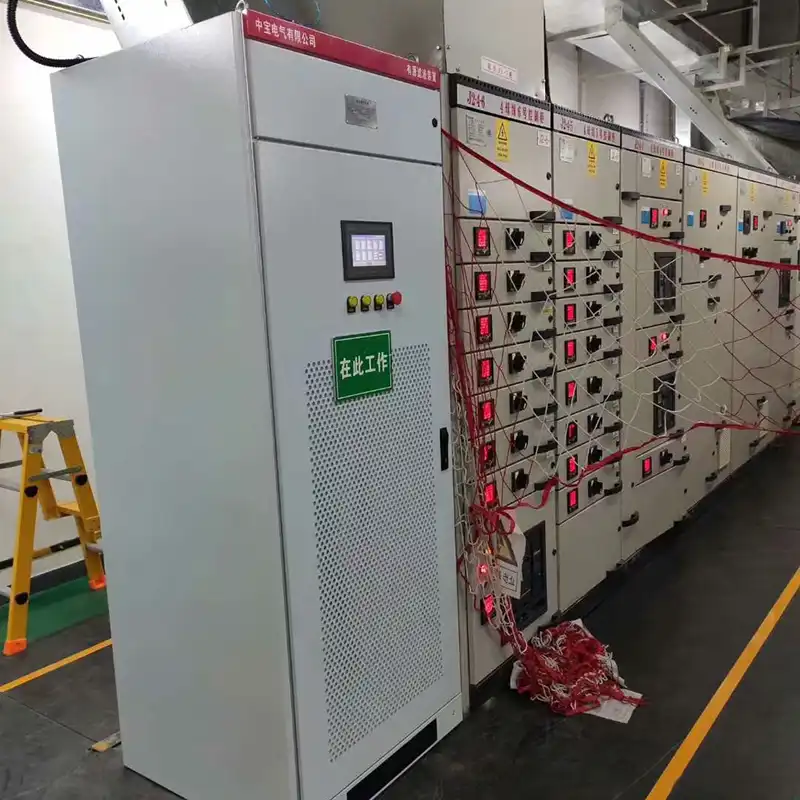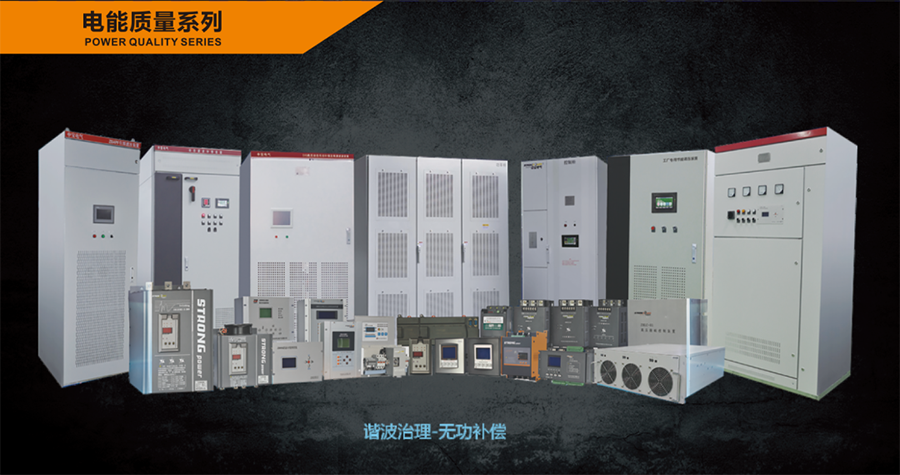How to reduce harmonics in the steel industry?
The steel manufacturing process involves a variety of electrical equipment, including arc furnaces, induction motors, and rectifiers. These devices are critical to production, and their use generates harmonics – unwanted electrical frequencies that can disrupt power quality and cause a variety of problems, such as voltage distortion, equipment failure, and increased energy losses.
The role of active harmonic filters in the steel industry
In steel production, maintaining optimal power quality is critical to ensuring efficient operations and minimizing downtime. However, the steel manufacturing process often presents power quality issues such as harmonic distortion, voltage fluctuations, and power factor imbalances. These issues not only affect equipment performance but also lead to increased energy consumption and operating costs. Next we explore how AHF is revolutionizing steel mill operations, ensuring smoother production processes and significant cost savings
Why Active Harmonic Filters Are Critical to the Steel Industry?
In the steel industry, where uninterrupted power supply is essential for continuous production, the presence of harmonics presents a significant challenge. Active harmonic filters offer an effective solution by dynamically mitigating harmonics in real time, maintaining a clean and stable power supply.

Active harmonic filters are an advanced power quality solution that provides a comprehensive approach to mitigating harmonic distortion and improving energy efficiency in the steel industry.
How AHF Improves Production in Steel Plants?
The importance of active harmonic filters in power systems lies in their ability to provide a balanced and effective response to a wide range of harmonics. Here are the key aspects of their importance:
Harmonic Mitigation: The steel manufacturing process involves a variety of non-linear loads such as arc furnaces, induction furnaces, and rolling mills, which generate harmonic currents and voltages. These harmonics can disrupt the power supply, causing equipment failures and inefficient production. AHF dynamically monitors harmonic distortion in real time, injecting equal but opposite harmonics to cancel out the unwanted harmonics, thereby ensuring a clean and stable power supply to critical equipment.
Voltage Regulation: Fluctuations in voltage levels can adversely affect the performance of sensitive equipment in steel plants, leading to production delays and quality issues. AHF uses advanced voltage regulation techniques to stabilize voltage levels and keep them within acceptable limits, thereby protecting equipment and optimizing the production process.
Power Factor Correction: In steel plants, maintaining an ideal power factor at all times is critical to maximize the utilization of the electrical system and reduce reactive power losses. Active harmonic filters can actively monitor power factor changes and automatically adjust reactive power compensation to ensure optimal power factor levels, thereby reducing electricity bills and improving energy efficiency.
Reduced energy consumption: By eliminating harmonic distortion, stabilizing voltage levels, and optimizing power factor, AHF helps the steel industry achieve significant energy savings. Efficient use of electricity means lower energy consumption, reduced carbon emissions, and enhanced sustainability for steel manufacturers.
Enhanced equipment reliability: Uninterrupted operation of critical equipment is essential to maintaining a smooth production process in a steel plant. AHF protects sensitive equipment from overheating caused by voltage sags, swells, and harmonics, thereby extending equipment life, reducing downtime, and minimizing maintenance costs.

Active harmonic filters provide a holistic solution to the power quality and energy management challenges facing the steel industry. By reducing harmonic distortion, stabilizing voltage levels, optimizing power factor, and lowering energy consumption, AHF enables steel manufacturers to achieve higher productivity, lower operating costs, and greater operational reliability. Adopting AHF is more than just a technology upgrade; it is a strategic investment in the future competitiveness and sustainability of steel production.



